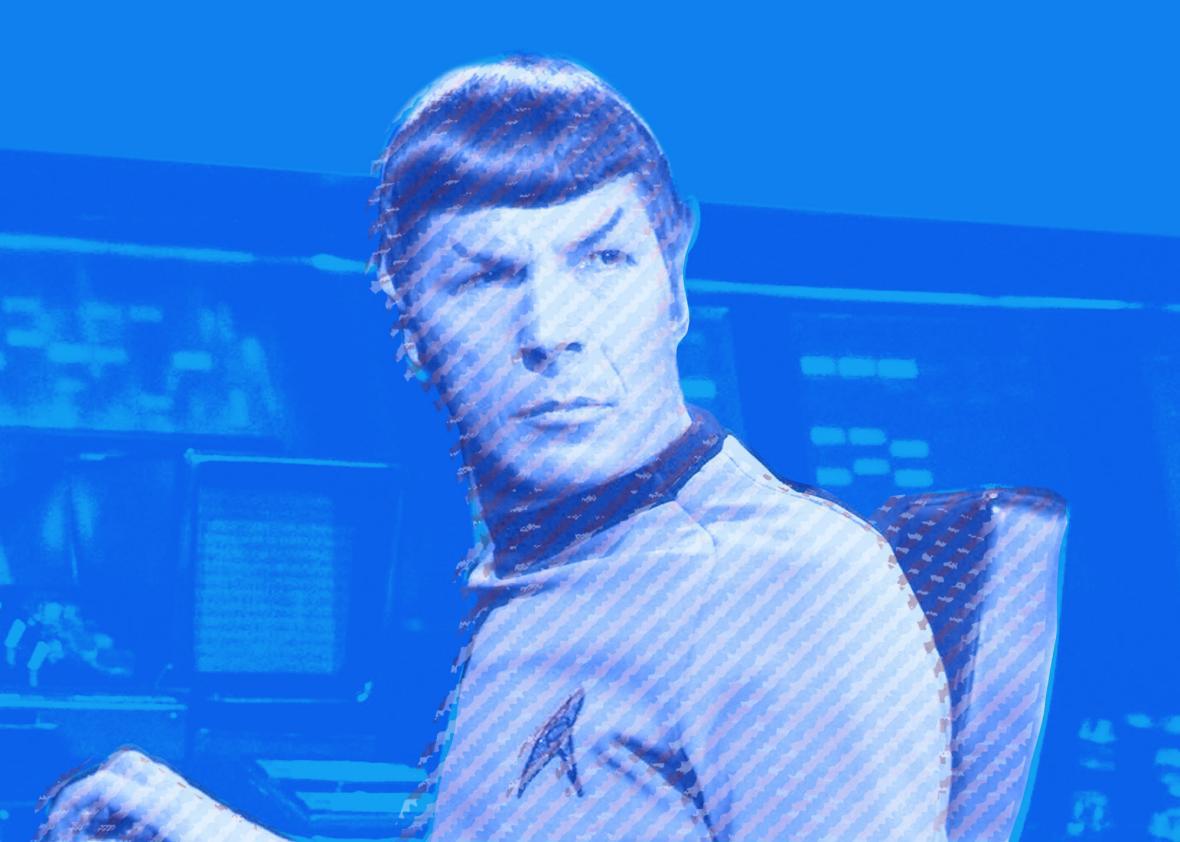Whenever I am speaking at a public event or on the radio, one of the questions I inevitably get is: “What will be the next big discovery?” My answer is always the same: “If I knew, I would be doing it.”
There is a reason for this, and it is the reason I titled my most recent book, which is about the history of modern physics at its most fundamental level, The Greatest Story Ever Told—So Far. The “So Far” part is the most important part of the title. Almost every day, we learn more and nature surprises us with something remarkable and unexpected. Indeed, the very word discovery implies the unexpected.
What I find most remarkable of all is that the imagination of nature far exceeds that of human imagination. If you had locked a group of theoretical physicists in a room 50 years ago and asked them to predict what we now know about the universe, they would have missed almost all the key discoveries we have made since, from the discovery of dark energy and dark matter to the ability to detect gravitational waves. That is because we need the guidance of experiment to move forward in science. How we hope nature will behave or how we think it should behave is irrelevant. Experiment determines what we must build our theories on, not a priori prejudice about elegance or beauty, or even what seems like common sense. Quantum mechanics defies common sense—so much so that Einstein never really accepted it. But as experiments today, from entanglement to quantum teleportation, demonstrate, quantum mechanics does describe the universe at fundamental scales.
That’s why science fiction—though it can inspire human imagination, as Stephen Hawking said in the preface of my book The Physics of Star Trek—is fundamentally limited. It is based on human imagination and past experience. That is a great thing. But it doesn’t mean the science-fiction future will resemble our own.
One of my favorite musical illustrations of this fact involves a verse from the 1980 John Prine song “Living in the Future”:
We are living in the future
I’ll tell you how I know
I read it in the paper
Fifteen years ago
We’re all driving rocket ships
And talking with our minds
As a child, I expected to be driving in a flying car or vacationing in near-Earth orbit or on the moon by now.
What I didn’t expect was the internet. Of all the technological developments that have changed the way modern society functions, perhaps none has presented such a disruptive challenge to society. It has changed everything about how we communicate with one another, shop, get entertainment, and receive our news—and of course the way science is carried out, to name just a few examples. Yet nowhere in mainstream science fiction was the internet imagined.
Various science-fiction writers imagined a world with some characteristics of the internet, to be sure. Mark Twain in 1898, in one of his least compelling stories, imagined a “telectroscope” that would allow people to use a phonelike object to view locations around the world. But despite claims that Twain “predicted the internet,” what the story depicted was more like the video-phones I saw at the World’s Fair in 1964 than the contemporary internet. Twain did imagine that thanks to the telectroscope, “the daily doings of the globe” would become fodder for worldwide gossip and discussion (read social networks!), but that wasn’t different from the old-fashioned telephone party lines.
Later on, writers like William Gibson, in his 1984 novel Neuromancer, and David Brin, in his 1990 book Earth, imagined something closer. But by then, the nascent beginning of the internet was already emerging in the scientific community, at least. In any case, by no means did anything like the internet ever become as ubiquitous in science fiction as teleportation in its various guises, antigravity cars, warp drive, hyperdrive, wormholes, or any of the other standbys for getting from one place to another faster than light can travel.
On Star Trek, humans talked to computers—they even used something like floppy disks and memory sticks—but nowhere did crew members get information from ethereal machines whose locations and identities were otherwise unknown. Large-scale central computers that governed whole societies were imagined, but not a diffuse network of machines, including home refrigerators and pocket-size computers, on which users’ identities were unknown.
This is not to disparage science-fiction writers. Their job is not to predict the future—it’s to imagine it based on current trends. That’s what’s so amazing about the internet: The ubiquitous World Wide Web arose from an unexpected place. Indeed, perhaps the most remarkable thing about the internet is that necessity was the mother of its invention. As particle physics experiments became bigger, with larger collaborations spread around the world, the need for disparate groups to collaborate and share data arose. Thus began the World Wide Web, initiated at CERN, the home of what is now the world’s largest particle accelerator: the Large Hadron Collider.
So the technology that would change everything else about the world in which we live was itself an offshoot of an esoteric scientific endeavor. That is beyond remarkable, and it’s worth celebrating. As much fun as science fiction is, I will take the real world any day for its surprises and the possibilities that humans would otherwise never imagine on their own.
This article is part of Future Tense, a collaboration among Arizona State University, New America, and Slate. Future Tense explores the ways emerging technologies affect society, policy, and culture. To read more, follow us on Twitter and sign up for our weekly newsletter.
